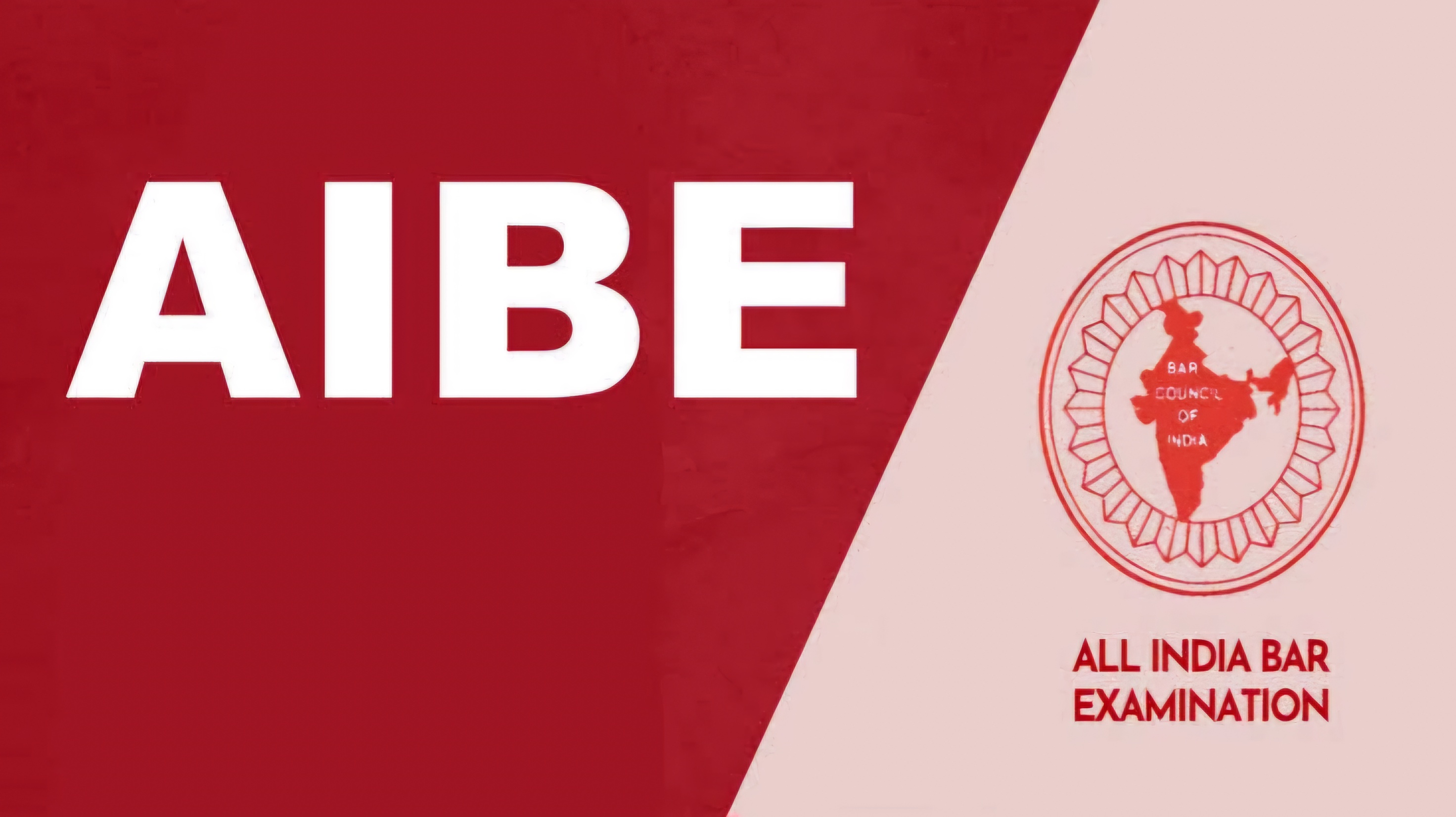


Opposite to being an self-assertive deterrent, the AIBE may be a essential evaluation designed to guarantee that law graduates have the essential lawful information and abilities required to hone law. This approach isn't one of a kind to India. All inclusive, numerous nations utilize comparable exams to guarantee that only competent people are permitted to speak to clients and lock in in lawful hone.
Within the Joined together States, for illustration, each state regulates its claim bar examination, with challenging components just like the Multistate Bar Examination (MBE) and state-specific tests. The Joined together Kingdom has the Specialists Qualifying Examination (SQE), which standardizes the competence of specialists. Nations like Canada, Australia, Japan, and Germany too have thorough appraisals where trying attorneys must demonstrate both hypothetical information and down to earth ability before being permitted to hone.
These examinations are outlined to channel out those who, in spite of holding a law degree, may not have the specified competence to speak to clients. So also, the AIBE serves as a basic checkpoint in India, guaranteeing that as it were those who are completely arranged for the duties of backing are conceded to the calling. It ensures the open by guaranteeing that as it were those prepared with the fundamental lawful understanding and aptitudes are allowed to hone.
Addressing the Flaws in Criticism
The article in question attempts to draw a distinction between legal acumen and competence, suggesting that competence can only be evaluated through practice. The AIBE tests this fundamental understanding before candidates step into the courtroom. It provides a necessary assurance that those entering the legal profession have a baseline level of competence.
Ensuring Quality Legal Education
The quality of legal education in India plays a significant role in the debate surrounding the AIBE. Setting up a law college in India involves multiple layers of oversight, starting with a No Objection Certificate (NOC) from the state government’s Ministry of Education. After this, the institution must obtain university affiliation following inspections of its infrastructure. The Bar Council of India (BCI) then evaluates whether the institution meets the necessary standards to produce competent legal professionals.
The first two layers—NOC and university affiliation—are critical in regulating the quality of legal education. If issues within these processes are identified early, sub-standard centers of legal education (CLEs) can be prevented from lowering the quality of legal graduates entering the profession. The AIBE then acts as a final checkpoint, filtering candidates and ensuring that those entering the profession meet the baseline level of competence necessary to protect clients and uphold the law.
The Call for Reforms
University exams vary significantly in their rigor and consistency across institutions, making a uniform regulatory exam like the AIBE essential to ensure all law graduates meet a baseline standard, regardless of where they obtained their degree. This maintains the quality of legal professionals and upholds public trust in the profession.
It is legitimate to expect prospective attorneys to fulfill high criteria. It illustrates the weighty obligations associated with advocating. The AIBE is a commitment to upholding the caliber and integrity of legal practice in India, not just an exam.
TAGS: AIBE legal competence Indian legal education Chief Justice of India legal profession standards bar examination practical skills law graduates legal knowledge competency tests legal acumen legal education reforms law colleges Bar Council of India public protection legal practice.